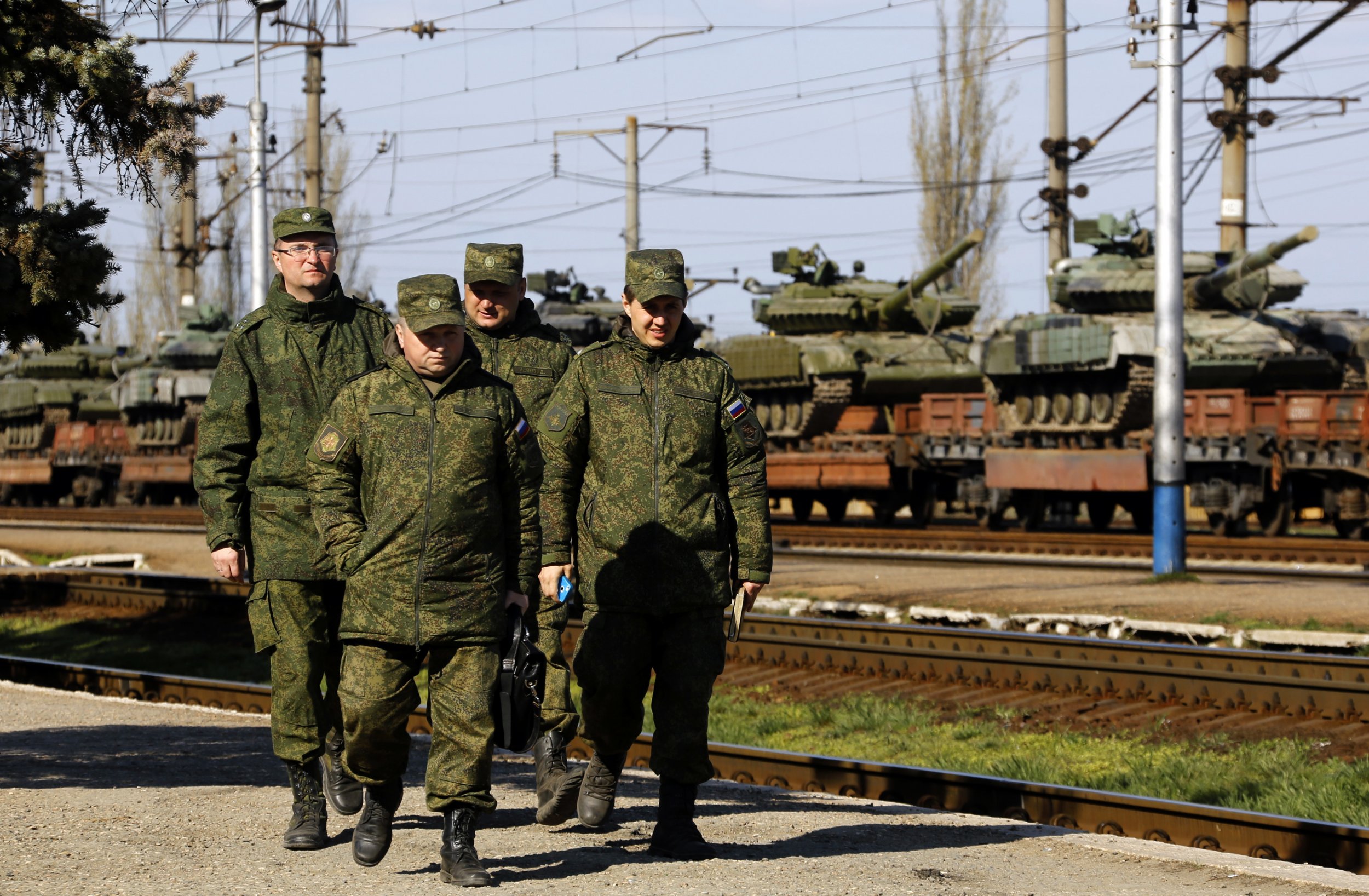
A Crimean member of the Jehovah's Witnesses has been ordered to prove he has renounced his faith or else take up arms for the occupying Russian army. The move follows Russia's banning of the Christian denomination in April and its annexation of the Ukrainian territory of Crimea in 2014.
One of the central tenets of Jehovah's Witnesses' faith is an opposition to serving in the military. Previously in Russia, members have been allowed to undertake alternative civilian service. But that has changed since the country's Supreme Court upheld a ruling from the justice ministry that they violated an anti-extremism law, liquidating all 395 of its local religious chapters and rendering the faith of 175,000 of its members illegal.
There have since been multiple reports of Jehovah's Witnesses in Russia being denied alternative civilian service.
But now an even more controversial case has emerged in Crimea. The group's Russian website has shown paperwork reportedly sent to a Jehovah's Witness instructing him that he must provide documentation proving that he has either renounced his faith or transferred to another religion.
As well as violating the individual's religious liberty, the order, according to Ukrainian human rights organization Kharkiv Human Rights Protection Group, flouts international humanitarian law. A United Nations resolution passed last December recognized Russia as an occupying force in Crimea.
The Geneva Conventions states, "The Occupying Power may not compel protected persons to serve in its armed or auxiliary forces. No pressure or propaganda which aims at securing voluntary enlistment is permitted."
Despite that, Russia has continued to conscript Crimeans into military service. In April, it announced that its latest spring draft campaign would continue to include people from Crimea and that they would also be sent to perform military service in all parts of the country.
In doing so, Crimean human rights groups claim that Russia is in violation of another Geneva Convention article, which prohibits "individual or mass forcible transfers, as well as deportations of protected persons from occupied territory to the territory of the occupying power."
Ukraine's foreign affairs ministry has similarly demanded that Russia cancels military conscription in Crimea.
The treatment of Jehovah's Witnesses in Russia since the Supreme Court decision has already come under the microscope. As well as being denied alternative civilian service, there have been reports of meetings being disrupted by police and, in one instance, a Danish member being arrested. He now faces up to 10 years in prison.
An appeal against the Supreme Court's decision will be heard on July 17.
Uncommon Knowledge
Newsweek is committed to challenging conventional wisdom and finding connections in the search for common ground.
Newsweek is committed to challenging conventional wisdom and finding connections in the search for common ground.
About the writer
Jason Le Miere is from the British island of Jersey, which has absolutely no relation to the Garden State, other than ... Read more
To read how Newsweek uses AI as a newsroom tool, Click here.








